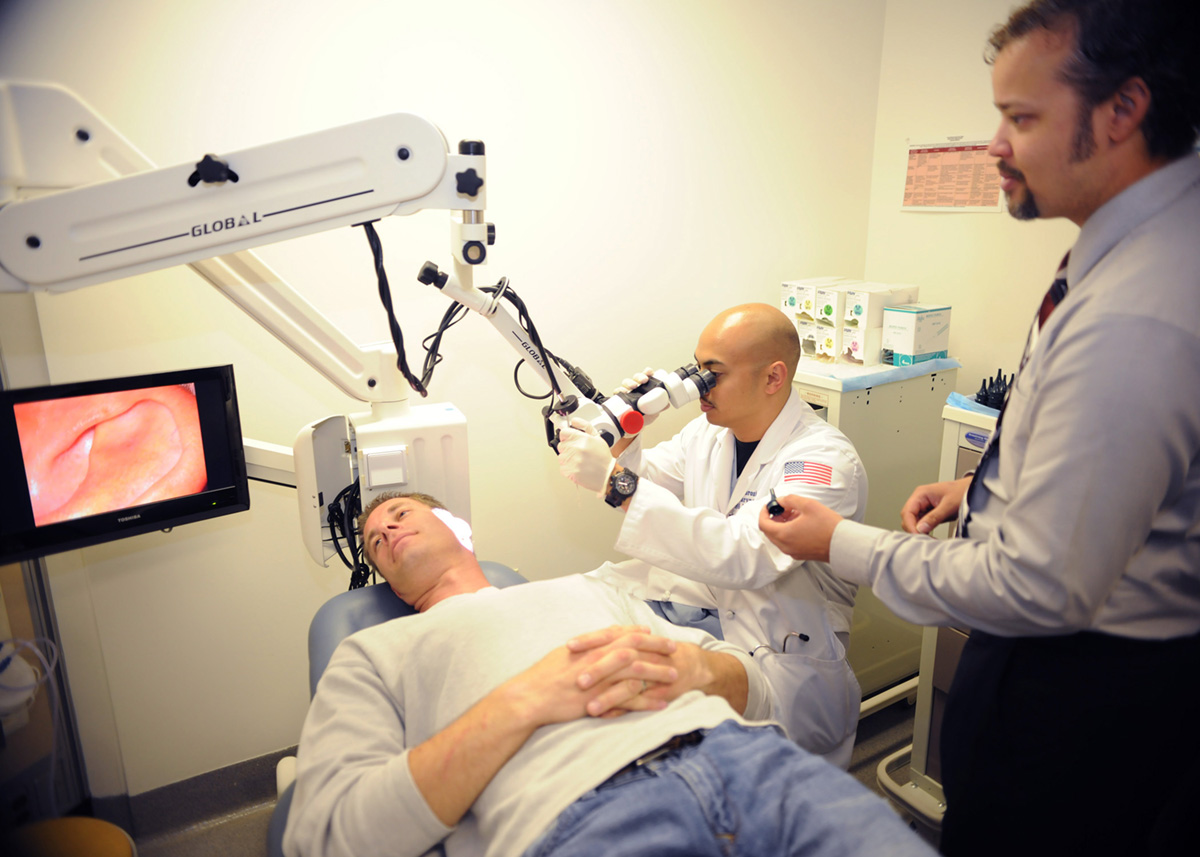
The vocal cords are paired organs located inside the larynx. They are made of twin infoldings of mucous membranes stretched horizontally across the larynx. Their function is to vibrate and in this way modulate the flow of air which finally results in making sounds during phonation.
A vocal cord dysfunction is a condition which features with full or partial vocal cord closure. This usually occurs during inhalation for short period of time. The closure of the vocal cords may cause obstruction of airflow and in rather rare cases the condition may lead to reduction in proper supply with oxygen. The symptoms of vocal cord dysfunction include wheezing, coughing and tightness in the throat. If there is severe lack of oxygen a patient may develop peripheral cyanosis. The symptoms of vocal cord dysfunction may resemble those which are related to vocal cord swelling due to asthma, allergies etc.
Causes of Vocal Cord Dysfunction
The exact cause of vocal cord dysfunction has not been identified yet. Still, it may be related to many psychological factors, injuries and illnesses such as nerve injury caused by surgery, excessive exposure to toxic chemicals and smoke, straining exercise, chronic sinus infection, brainstem compression, injury to the cortex etc.
Symptoms of Vocal Cord Dysfunction
Symptoms of vocal cord dysfunction are very similar to those in asthma. During the attack patients have breathing difficulties while between the attacks they breathe normally. Additional symptoms and signs of vocal cord dysfunction include coughing, wheezing, stridor, problems while inhaling and/or exhaling air, changes of voice and chest tightness. One may feel as if something has stuck in his/ her throat.
Diagnosing Vocal Cord Dysfunction
Definitive diagnosis can be set after other potential conditions have been ruled out. The most suitable thing a doctor can do is to perform a nasal endoscopy during the attack. This gives perfect insight in vocal cords and their movement and the doctor may easily notice any kind of abnormality.
Treatment for Vocal Cord Dysfunction
Vocal cord dysfunction treatment includes immediate care measures and long term treatment. In immediate phase of treatment the patients are administered Heliox (a mixture of oxygen and helium). In severe cases of shortness of breath patients undergo tracheotomy. Initial treatment also includes intermittent positive pressure ventilation, continuous positive air pressure and breathing exercise.
Long-term treatment modalities include speech therapy and vocal cord Botox injections.
And finally, if vocal cord dysfunction occurs as a consequence of some other medical condition it is essential to treat that condition and the symptoms of vocal cord dysfunction will be eliminated.




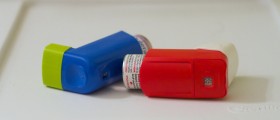
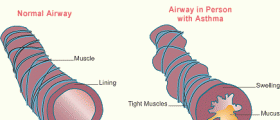

-And-Breathing-Problems_f_280x120.jpg)
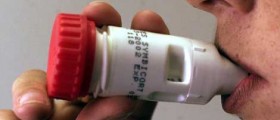
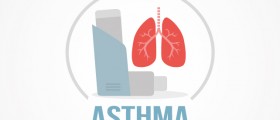



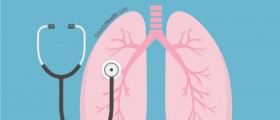



Your thoughts on this
Loading...